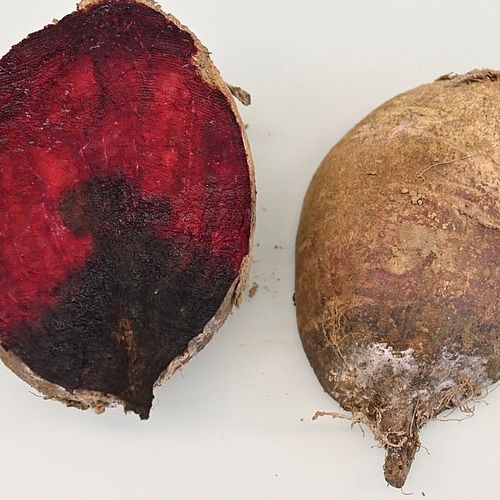Project members
Eva Burgunder
Abstract
Hand in hand with our changing climate, the diseases that threaten our crops are changing as well. In Switzerland, the increasingly hot and dry summers have led to rising problems for beet (Beta vulgaris) production caused by soilborne pathogens and diseases. To date, our knowledge on the responses of soilborne pathogens to changing climatic conditions is very limited, thus posing a large challenge for developing effective mitigation measures. Chemical control of soilborne diseases is very limited, and as such, treatments with biological control agents, such as disease suppressive composts, provide a promising alternative. However, these options are currently constrained by variable success rates, where the effectiveness of such products are generally unpredictable prior to application to agricultural soils, thus posing a risk to farmers and crop yields. To address these issues, we first investigate which soilborne pathogens will pose the largest risk under our changing climate. Next, we will inoculate composts with potential biocontrol Pseudomonas communities to improve their biocontrol activity under various climate change scenarios. We aim to combine Pseudomonas biocontrol agents with composts to cope with future soilborne diseases and to improve soil health to mitigate adverse effects of climate change in Swiss agricultural soils. Predicting potential future disease problems and developing biocontrol strategies will help to prepare for and better manage future challenges to ensure profitable cultivation of beets.
Publications
Quick Links
Social Media

